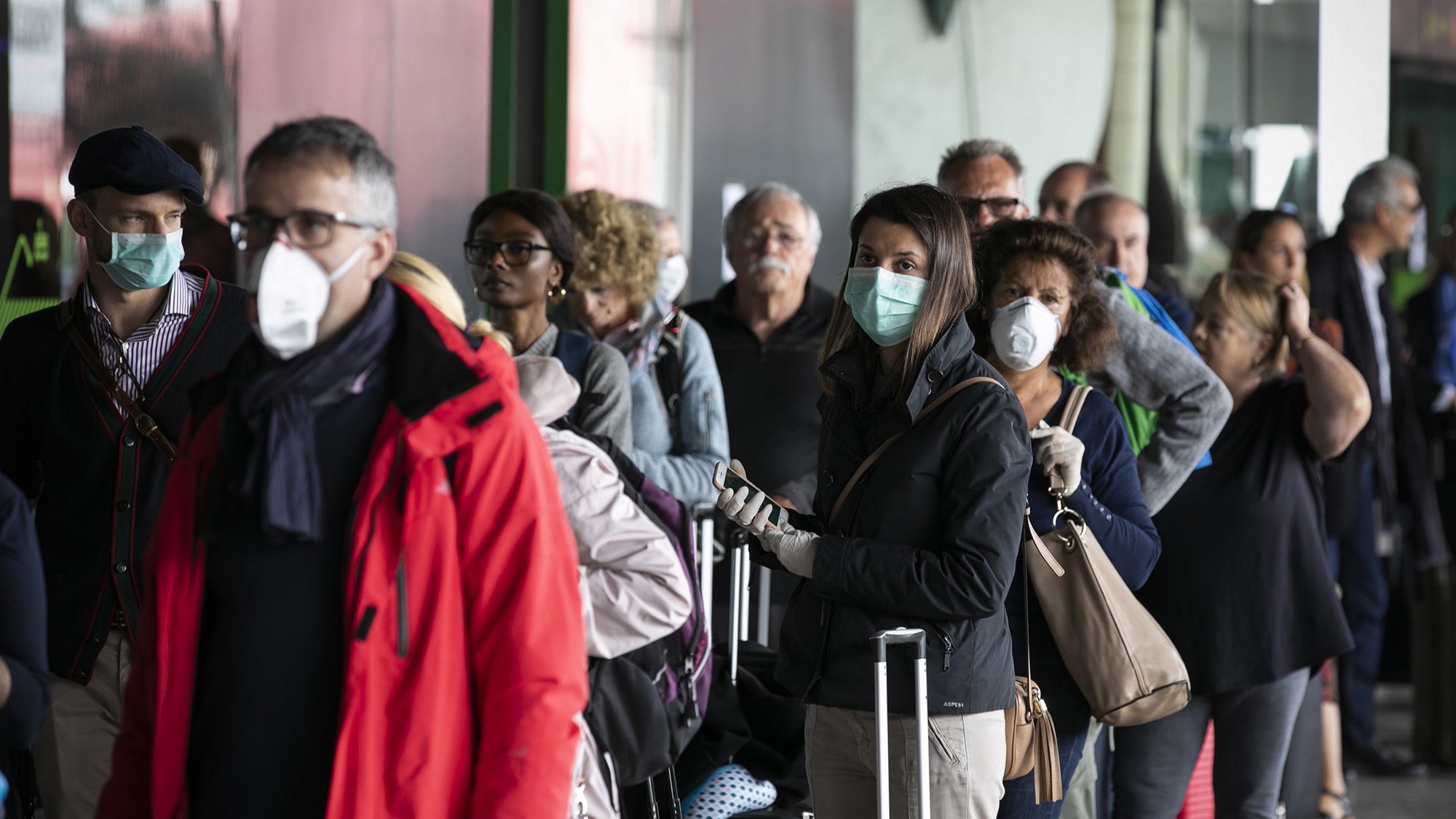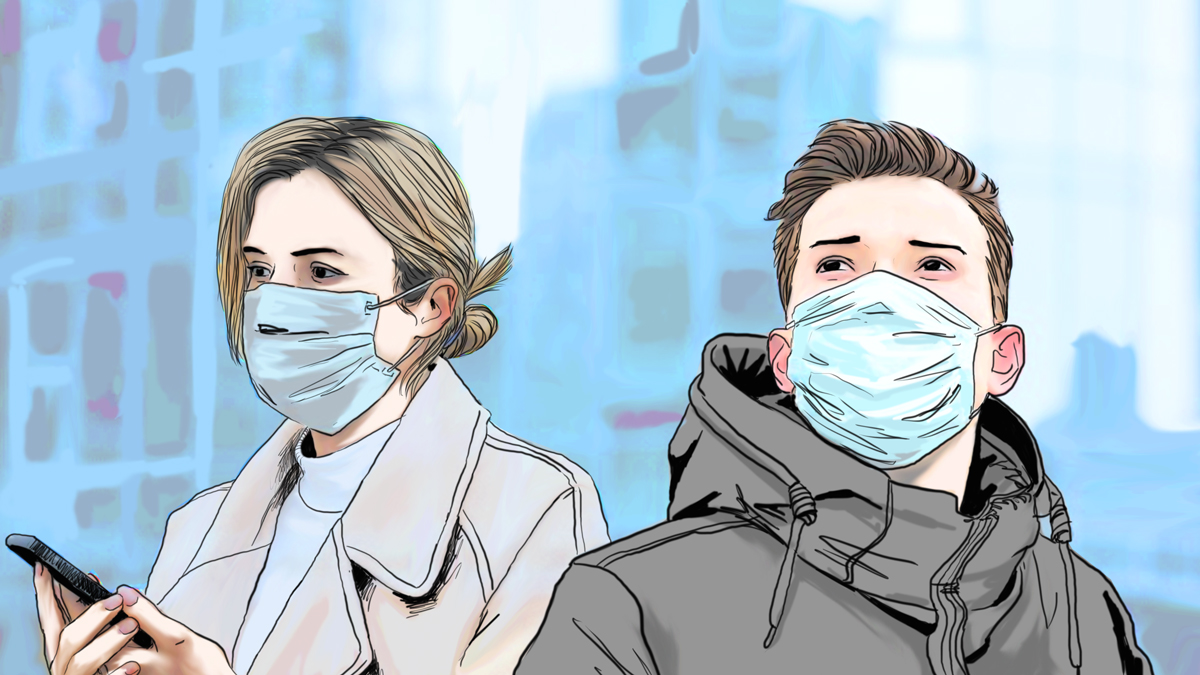State of Emergency in Portugal tightens at Easter
The Portuguese are confined to their district of residence, except for health or work reasons, and flights at national airports are forbidden.
The Portuguese are confined to their district of residence, except for health or work reasons, and flights at national airports are forbidden from 00:00 Thursday until 24:00 Monday due to the Covid-19 pandemic.
The measures to limit movement during the Easter period fall within the State of Emergency in the country, and cover five days, in which the executive chose to give time off for civil servants on Thursday and Monday.
Anyone working outside the district of residence must, during this period, have a written declaration from their employer to make the journeys, even if they are on public transport, which will not escape the authorities’ supervision and may even combine it with the security forces.
In the limitations concerning the Easter period, the Government determined that “citizens may not move outside the district of usual residence in the period between 00:00 today and 24:00 on April 13th, except for health reasons or other reasons of extreme urgency” and in the case of performance of professional activities.
During the same period, “commercial passenger flights to and from national airports shall not be permitted, without prejudice to emergency landings, humanitarian flights or flights for repatriation purposes”.
During this Easter season, but also until April 17, according to the decree that regulates the current period of State of Emergency, the accumulation of people on public roads is prevented, and the authorities, including the municipal police, may “disperse gatherings of more than five people, unless they belong to the same household”, in addition to recommending “to all citizens the fulfillment of the general duty of home confinement”.
Everyone also has the power to order home confinement, as well as to supervise people who are in “mandatory confinement” in hospitals or residences, namely patients with Covid-19 or who are under active surveillance, running the risk of a “crime of disobedience”.


